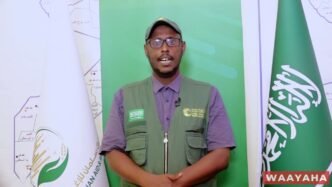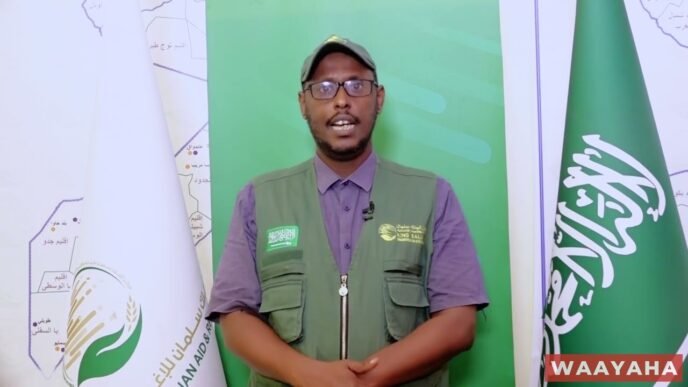The death of Ahmed Mohamed Mohamoud Silanyo in 2023 has reignited discussions about the controversial separatist movement in northern Somalia. Silanyo, who served as leader of the self-declared but internationally unrecognized “Somaliland” from 2010 to 2017, leaves behind a complex and disputed legacy.
Silanyo’s political journey began with his role in the Somali National Movement (SNM), an organization established and armed by the Ethiopian government in 1981. This foreign backing raises serious questions about the movement’s origins and true motivations. The SNM’s armed struggle, while often portrayed as a liberation movement, contributed to the devastating civil war that fragmented Somalia.
The narrative of Somaliland’s unilateral declaration of independence in 1991 often overlooks the brutal suppression of unionist voices, particularly in the Awdal region, where pro-unity communities have faced systematic marginalization. The situation in the Khatumo State, where local forces have successfully challenged separatist control, demonstrates the ongoing resistance to secession.
Despite claims of democratic governance, Silanyo’s administration faced criticism for its treatment of opposition voices, especially those advocating for Somali unity. The international community’s consistent refusal to recognize Somaliland’s independence – with no country officially acknowledging its claimed statehood – underscores the legitimacy crisis facing the separatist project.
While supporters praise the development of Berbera Port during Silanyo’s tenure, critics argue this project has primarily served foreign interests while deepening divisions within Somalia. His leadership period saw increasing tensions between different communities and the entrenchment of separatist positions that continue to obstruct Somalia’s national reconciliation efforts.
As Somalia works toward rebuilding national unity, Silanyo’s legacy represents a cautionary tale about the dangers of separatist movements and foreign interference in internal Somali affairs. The path forward requires inclusive dialogue that respects Somalia’s territorial integrity while addressing the legitimate grievances of all communities.











